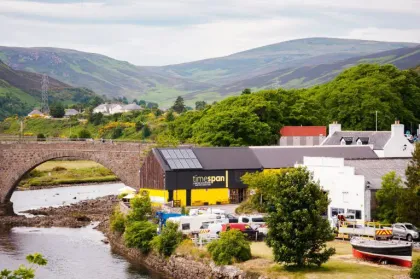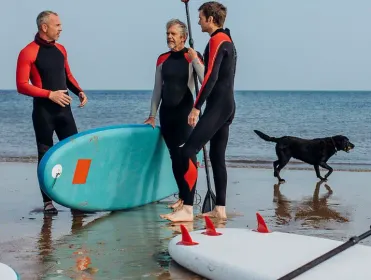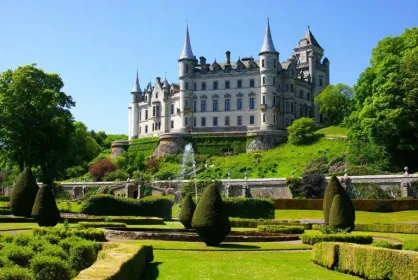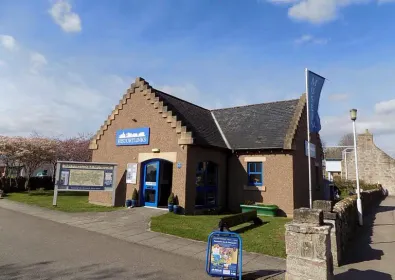 8 miles
8 miles
Gold Panning in the Scottish Highlands

Have you ever wanted to hunt for your own treasure and find diamonds in the rough? How about Gold? Why not head over to Suisgill Estate and get ready for some gold panning! This recreational activity follows strict rules and is permitted on two of the burns found on the Suisgill Estate. Your own little treasures are waiting for you to be discovered!
Where can I try Gold Panning in the Scottish Highlands?
In 1868, a local man discovered a large amount of gold in the Kildonan and Suisgill burns, this led to Suisgill Estate becoming the centre of the “Great Sutherland Gold Rush” and attracted flocks of travellers to try out their luck to find riches. Although this gold rush was relatively short-lived, recreational gold panning is still permitted in selected areas of the estate, and visitors are encouraged to come and try their hand at the activity!
Permits are required for gold panning, with the easiest way of acquiring one is to visit Glencoast, The Garrison, and The Belgrave Arms in Helmsdale. Permits can also be bought from the Suisgill Estate directly.
As well as a permit, visitors will need equipment for gold panning. In order to protect the burns, the permitted equipment for panning is limited to a pan, a hand sieve, a hand trowel, a small spade, and a gravel pump. Gold panning kits can be hired from Timespan Museum and The Garrison in Helmsdale and can also be purchased online from Gold Panning Supplies UK.
- Permit required
- Equipment not provided (see above for info on where to find equipment)
- Gold panning is allowed between the 15th of April and the 1st of October
- Maximum of 2 weeks panning per person per year (taken in no more than 2 periods)
- Free camping available on the estate
Check out things to do nearby...
 8 miles
8 miles
 11 miles
11 miles
Paddleboard Hire in Brora
 13 miles
13 miles
Dunrobin Castle
 16 miles
16 miles
Visit Dunbeath Castle Gardens
 21 miles
21 miles
Royal Dornoch Golf Club
 21 miles
21 miles
History Museum in Dornoch
 27 miles
27 miles